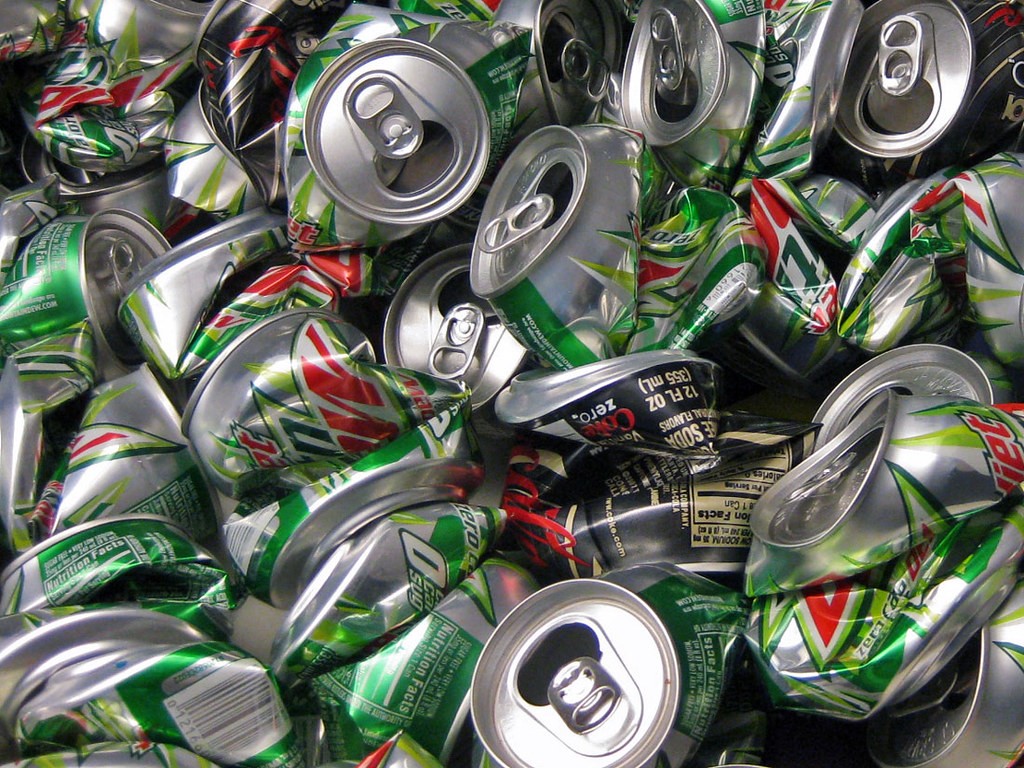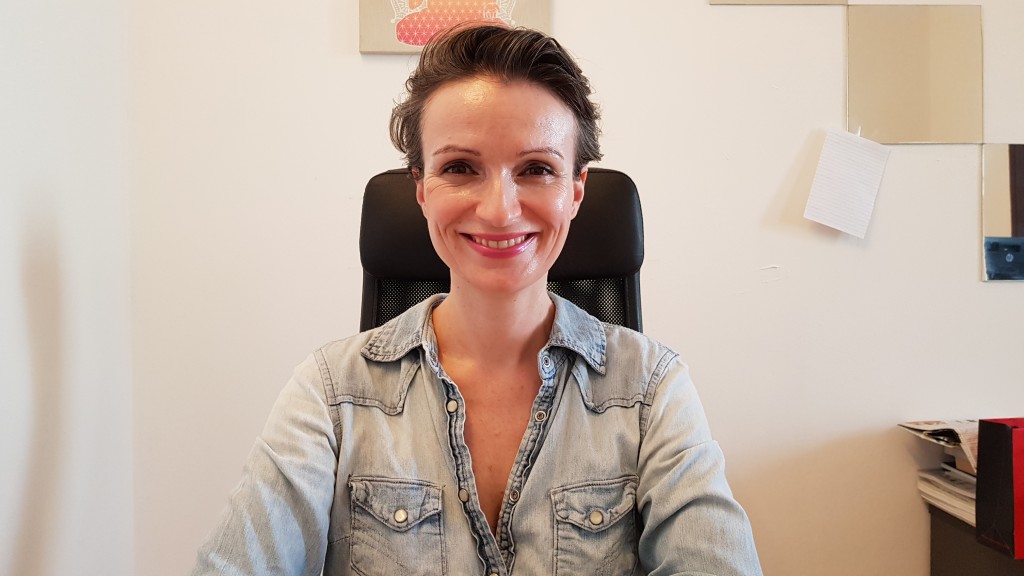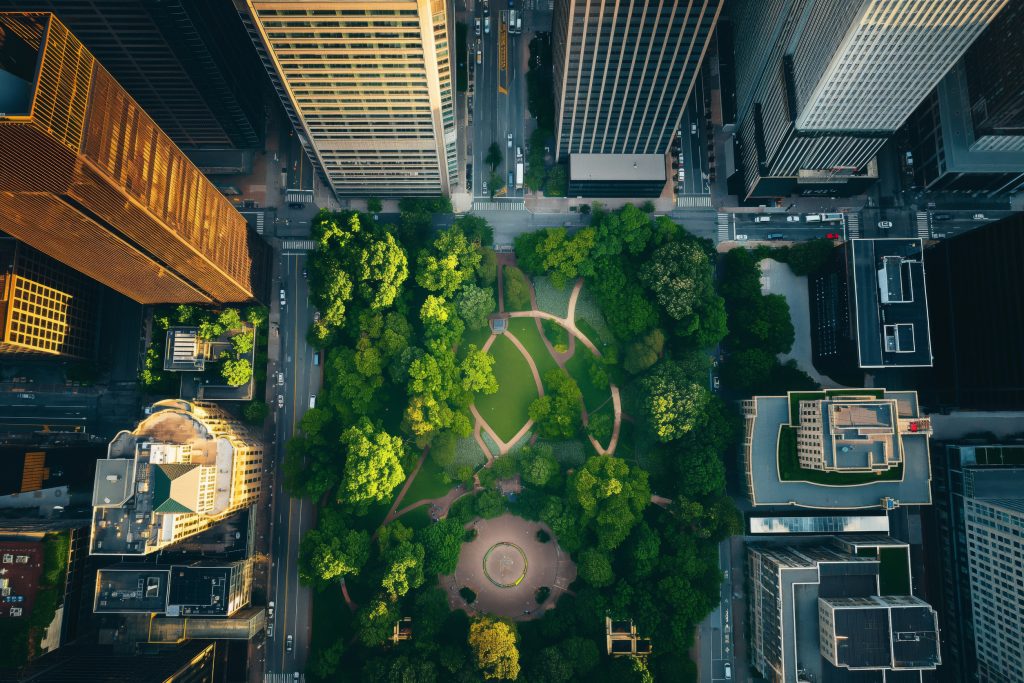Despite the drawbacks of urban living, it is still possible to go waste-free and eco-friendly in a property with limited space.
As the population in Malaysia increases and the rate of urbanisation increases, the living spaces in urban areas such as Kuala Lumpur and Petaling Jaya are becoming smaller and smaller. More often than not, it is common to see properties that don’t have their own private garden space or green area.
So, it’s not surprising if individuals find it challenging to go waste-free and environmentally friendly when they don’t even have a green space of their own. However, despite drawbacks such as these, it is still possible to go waste-free and eco-friendly in a property with limited space.
Reduce, reuse, recycle
To start a sustainable urban lifestyle, whether or not you have a big or small home, the first important step is to cut down on our waste. According to the Public Cleansing Management Corporation (SWCorp), people in Kuala Lumpur generate 3,500 tonnes of domestic and industrial waste a day.
This is why we need to stick to the mantra that is synonymous with zero-waste and sustainable living, the three "R"s taught to us as children: reduce, reuse, and recycle.
“Reduce” refers to the fact that we need to reduce the amount of waste that we make, especially for non-disposable products such as plastic and polystyrene. “Reuse” means finding ways to use trash instead of throwing it out, like composting, for example.
Finally, “recycling” means that we should find alternative uses for trash or old items, for example, repurposing old jars into flower vases.
Recently, StarProperty.my had a chance to speak with Claire Sancelot, owner of the Hive, the first waste-free, organic and eco-friendly company in Malaysia and the whole of Southeast Asia.
After moving to Malaysia from Hong Kong recently in 2015, she mentions that there was a lack of awareness about plastic waste and zero waste, and to create more awareness about this, she decided to start The Hive in 2016.
When wanting to start living sustainably, Sancelot notes that it's important to start today, even though it is something as simple as bringing your own bottle of water to work every day rather than buying bottled mineral water, or even switching out plastic straws for a reusable metal straw.
“Single-use plastic is a big no-no,” she added.
According to Unesco, more than 100,000 marine animals and more than a million seabirds die from plastic pollution annually, and Malaysia alone is ranked 8th worst in the world for plastic pollution, according to The Star.
Another simple step to becoming sustainable is to cut down your intake of canned drinks, which would have a positive impact on not only the environment but also your health. The production of aluminium entails a negative impact on the environment through the mining of bauxite, which is an aluminium ore.
A study done in Malaysia in 2017 showed that the dust from bauxite contributes to water, soil, and air pollution, which can lead to potential health risks such as skin and respiratory problems.
“Canned drinks and sodas all come in terrible packaging, and I managed to curb a 15-year addiction of Diet Coke by cutting out canned drinks altogether,” Sancelot mentioned.
The Hive Bulk Foods owner Claire Sancelot is a strong environmental advocate and always actively promotes sustainability wherever and whenever she can.
Composting
According to Sancelot, one of the benefits of living in Kuala Lumpur is the amount of space we have, even among the lower-income communities, compared to places such as Tokyo and Hong Kong, where an extreme lack of space is common. Having more space, according to her, means that we can experiment with sustainability in many different ways and see what works out the best for us.
“If you have even a little bit more space in your home, I would highly recommend composting,” Sancelot notes.
So, what is composting? Composting is one of the ways that you can recycle organic waste such as vegetable scraps, tea bags, food waste, and even wood and paper. Composting breaks down and decomposes the organic waste into something that can be used as a fertiliser filled with nutrients.
According to the Yale Environment 360, every year the entire world wastes around USD750 billion (roughly RM3.2 trillion) and 1.6 billion tonnes of food, which end up in landfills. In Malaysia alone, according to a study done in 2015, food waste reached up to 13,000 tonnes daily, including 3,000 tonnes worth of food still fit for consumption.
Since almost all food and organic waste can be composted, the total amount of trash going into landfills would be significantly reduced.
Also, composting reduces the number of harmful greenhouse gases going into the atmosphere. In several studies, it is shown that when organic waste breaks down, it forms a gas mixture known as biogas, which contains mainly of methane, carbon dioxide, and a small number of other gases, and according to the US EPA, methane traps heat 70 times more than carbon dioxide, which is harmful to the environment.
Composting also prevents the formation of leachate from landfills, which is a contaminated and toxic liquid that leaks out from the waste and reduces the risk of water contamination in rivers, lakes, and groundwater.
Also, apart from being beneficial to the environment in regards to the reduction of landfill waste and methane emission, compost also improves the landscape.
According to a study by UKM Bangi students in 2009, due to the moistness of compost, it prevents erosion and reduces the need for water, and improves the structure of the soil. Besides, since it is a natural fertiliser, it makes for healthier plants and trees, and also reduces the need for pesticides. Sancelot stresses that composting is critical, and it is vital for the planet’s survival.
Finally, composting can be effortlessly done at home on a smaller scale by using your own organic waste, such as vegetable scraps, paper, and leaves. Not only will this benefit the environment, but it will also cost no money, and you will have a zero cost fertiliser that you can use for your own garden.
However, there is a lack of awareness about composting and people often see composting as something that is ‘dirty’ or ‘disgusting’. “One of our first locations was in a residential area, and we had an edible garden, a compost bin, everything, and it was amazing.
“But then, the neighbours complained about the compost, and we were given the pink slip by DBKL and were told to evacuate within 2 weeks,” Sancelot said.
Indoor edible garden
However, what if you have limited space at home that you don’t have enough space to set up a compost bin? Well, an option for you is to set up an indoor edible garden.
Most people would think to themselves, why grow plants and herbs indoors when I can just go to the supermarket and buy them already prepared and washed? However, there are many benefits to planting your own edible garden. Apart from the fact that homegrown plants are organic and pesticide-free, growing your garden will also benefit your home environment.
One of the benefits of growing plants indoors is the fact that you will have cleaner air in your home. Through the act of photosynthesis, plants convert carbon dioxide, the air we exhale, to oxygen, the air that we inhale. However, did you also know that they can filter out toxins from the atmosphere? According to a study by NASA done in 1989, house plants were shown to aid in the removal of common toxins from the air such as benzene, trichloroethylene, and formaldehyde.
Another benefit of having an indoor edible garden is the amount of money you will save. For example, store-bought fresh herbs from the supermarket cost between RM3 to RM6. With your own garden, you’ll have herbs right at your fingertips that you can harvest and replant as many times as you want. For example, Cold Storage is already starting to sell “grow-in-the-bag" herbs and vegetables for anyone willing to start their own edible garden.
Besides, switching to a plant-based diet in place of meat and dairy will also benefit the environment significantly. Sancelot emphasised that the meat and dairy industry contribute to water wastage and deforestation, and that meat, including fish, isn’t sustainable.
“We need to switch to a plant-based diet because the meat and dairy industry take up so much of the water we need, and growing plants is much cheaper and sustainable in the long run,” she stressed.
So, how do you start your own edible garden if you live in a small apartment with no patio or patch of grass? Well, it is not as difficult as you would think it to be. As long as you have a balcony or a window that gets ample sunlight, it is effortless and straightforward to start your own edible garden. However, it is crucial to make sure that your balcony can withstand the number of plants you’re planning to plant, lest you want it to collapse by the weight burden.
According to Rojak Daily, to start an edible garden on your balcony, you will need to know what to plant, where to plant, and how to plant it. For example, for areas where sunlight cannot hit easily, focus on plants that thrive in the shade, such as pandan and bird’s eye chilli. Also, since there is limited space on a balcony, when you're growing climbing plants such as cucumbers and Malabar spinach, you can use a trellis to aid them in developing vertically, which would yield more produce.
Finally, when deciding what to plant, it is always better to take note of the size of the plant. For bigger plants such as lettuce or sawi, it is better to plant them in a pot on the ground, and for smaller plants such as herbs, you can even use egg containers or small hanging pots.
However, what if you don’t have a balcony in your home? There is still a way around that as well. The vital ingredients in growing plants and keeping them alive and healthy are sunlight and water, so a balcony is not really needed when starting your own garden. As long as you have a window that receives ample sunlight during the day, you can start your indoor garden by setting up a table for your plants by the window.
If your window has a ledge, you can also set up a herb garden in a planter. However, if your window doesn’t have one, fret not, you can still set up a herb garden using hanging planters. In a country as sunny as Malaysia, one of the benefits of setting up a garden near your window is that you can draw your curtains to reduce the intensity of the sunlight. However, it is always better to water your plants frequently or use a self-watering system, if you plant things near the window because intense sunlight will cause the plants to dry out and wilt faster.
Read more about conserving resources at home and at work here.




















































